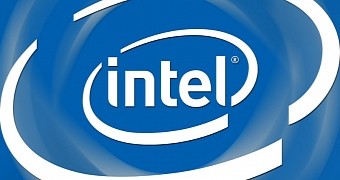For the past twenty or so years, computer systems and all related hardware have moved forward at a steady pace, but other than tablets there hasn't been any huge concept redesign for them. Intel wants to change this in the coming years.
With conventional desktops losing ground to mobile PCs, and normal laptops making room for 2-in-1 hybrids, Intel is thinking that it may as well lobby for changes in areas other than physical design.
One thing we already know is definitely coming is the ability to run entirely free of cables. This will happen by 2020, with 2016 to show the first big signs of transition.
Now, Intel is providing some information on another one of its goals: safer login methods for PCs, and better security in general.
Starting in 2015, you'll be able to give up passwords
Passwords have been a thing since forever. Whether in the form of something only you and a friend know, or a really complicated number key on an electronic device, they've been used since time immemorial.
Now, though, Intel aims to eliminate them, or rather eliminate the need for their use, at least on computers, by swapping them for biometric login instead.
The tactic is two-fold. First, the cables will be eliminated, closing that path forever and handily removing any situation where a password might be needed to regulate link access. Wi-Fi / Bluetooth will be the only ways in or out.
The other half of the tactic consists of installing cameras, microphones and other sensors that will determine whether you are the PC's owner or not.
Of course, since this system, called “you are the password” or YAP for short, merely turns you into the pass key (by taking a 3D scan of your face, reading your fingerprints and / or recording your voice), a good case can be made for passwords not actually disappearing at all. The concept is just going forward under a different guise.
Other applications for face recognition
If the YAP system is good enough to recognize you even if you have an identical twin (though it's not sure if this is the case), there is definitely room for other uses.
Like new ways of controlling what the system does, track expressions and map them on a virtual avatar (can you say immersive co-op multiplayer games?), and maybe even in the development of AIs that can accurately recognize emotion on humans.

 14 DAY TRIAL //
14 DAY TRIAL //